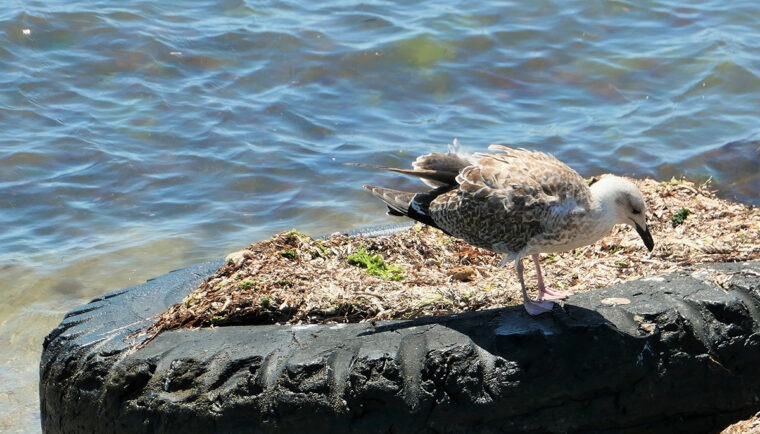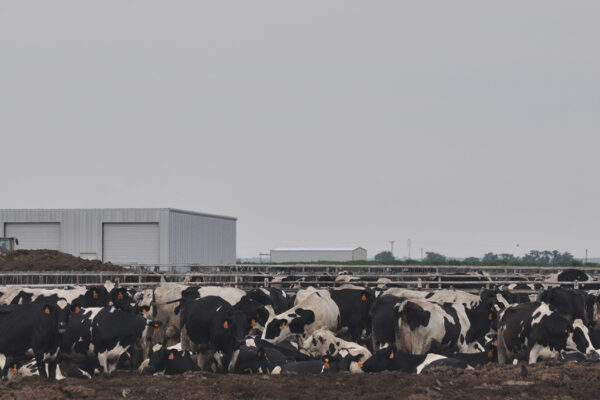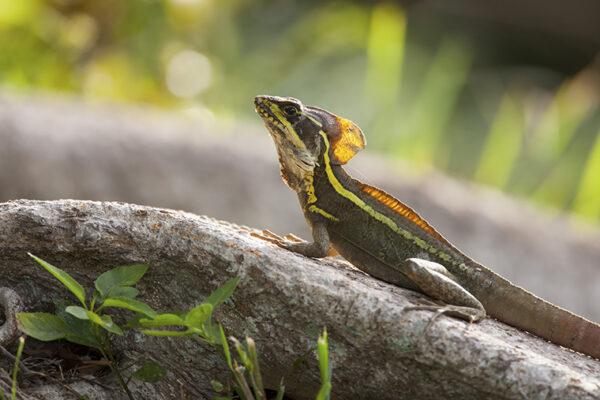Mankind is the problem, and we appear to be hastily destroying life around us, says a Washington University in St. Louis biodiversity expert upon reading new research with a WashU connection.
In a study published June 1 in the Proceedings of the National Academy of Sciences — and co-authored by Peter H. Raven, the George Engelmann Professor Emeritus of Botany in Arts & Sciences and president emeritus of the Missouri Botanical Garden — the researchers called this sixth, ongoing mass extinction “the most serious threat to the persistence of civilization, because it is irreversible.”
Not only that, the study says, but the loss of thousands of vertebrate animal species in the past century reveals this problem is “human-caused and accelerating.”

“This new study shows that the extinction crisis is even worse than realized,” said Jonathan Losos, the William H. Danforth Distinguished University Professor and professor of biology in Arts & Sciences and director of the Living Earth Collaborative — a biodiversity center that is a partnership between WashU, the Missouri Botanical Garden and the Saint Louis Zoo.
“The study shows that there are now an enormous number of vertebrate species whose populations have been reduced to fewer than 1,000 individuals. More than 500 such species were tabulated, including species of giant tortoises, rhinoceros, crocodiles, parrots, pandas and many more. Historical records indicate that these species have suffered huge decreases in their geographic range over the last century. Sadly, most are on course to disappear entirely within a few decades.”
The researchers calculate that this rate of species extinction is more than 100 times greater than the normal, pre-human level.
What is expediting this current path of extinction? The question should be who is expediting it?
We are.
“Almost all of these species are imperiled by the actions of humans,” Losos said. “Losing these species will not only be a moral disgrace, but will also seriously degrade our ecosystems, with potentially dramatic consequences on human health and welfare.
“The study underlines the urgency with which we must act to conserve nature and prevent extinction.”
Raven also serves as a Biodiversity Fellow with the Living Earth Collaborative, where Losos hopes to soon stage a roundtable on biodiversity and pandemics.



Comments and respectful dialogue are encouraged, but content will be moderated. Please, no personal attacks, obscenity or profanity, selling of commercial products, or endorsements of political candidates or positions. We reserve the right to remove any inappropriate comments. We also cannot address individual medical concerns or provide medical advice in this forum.